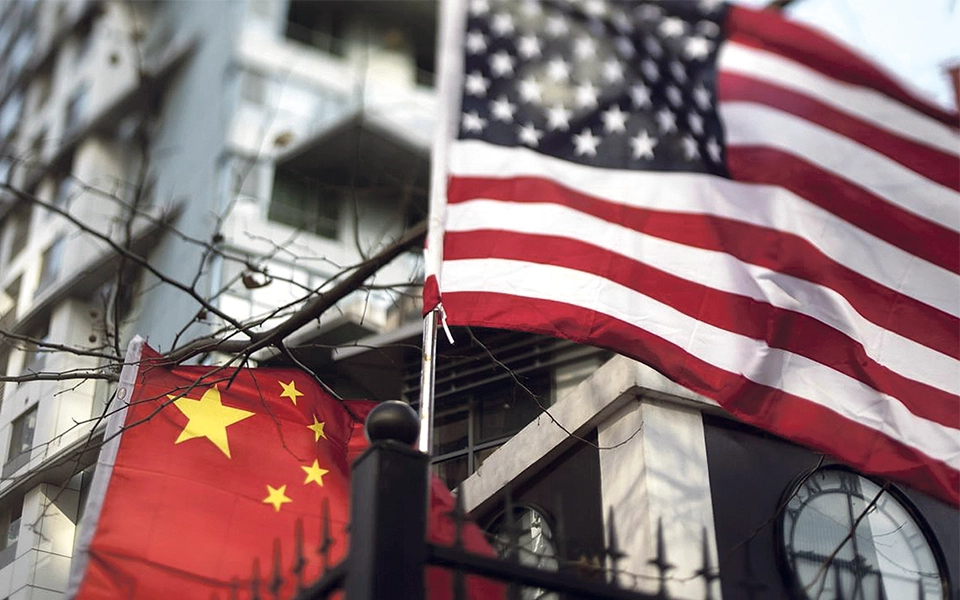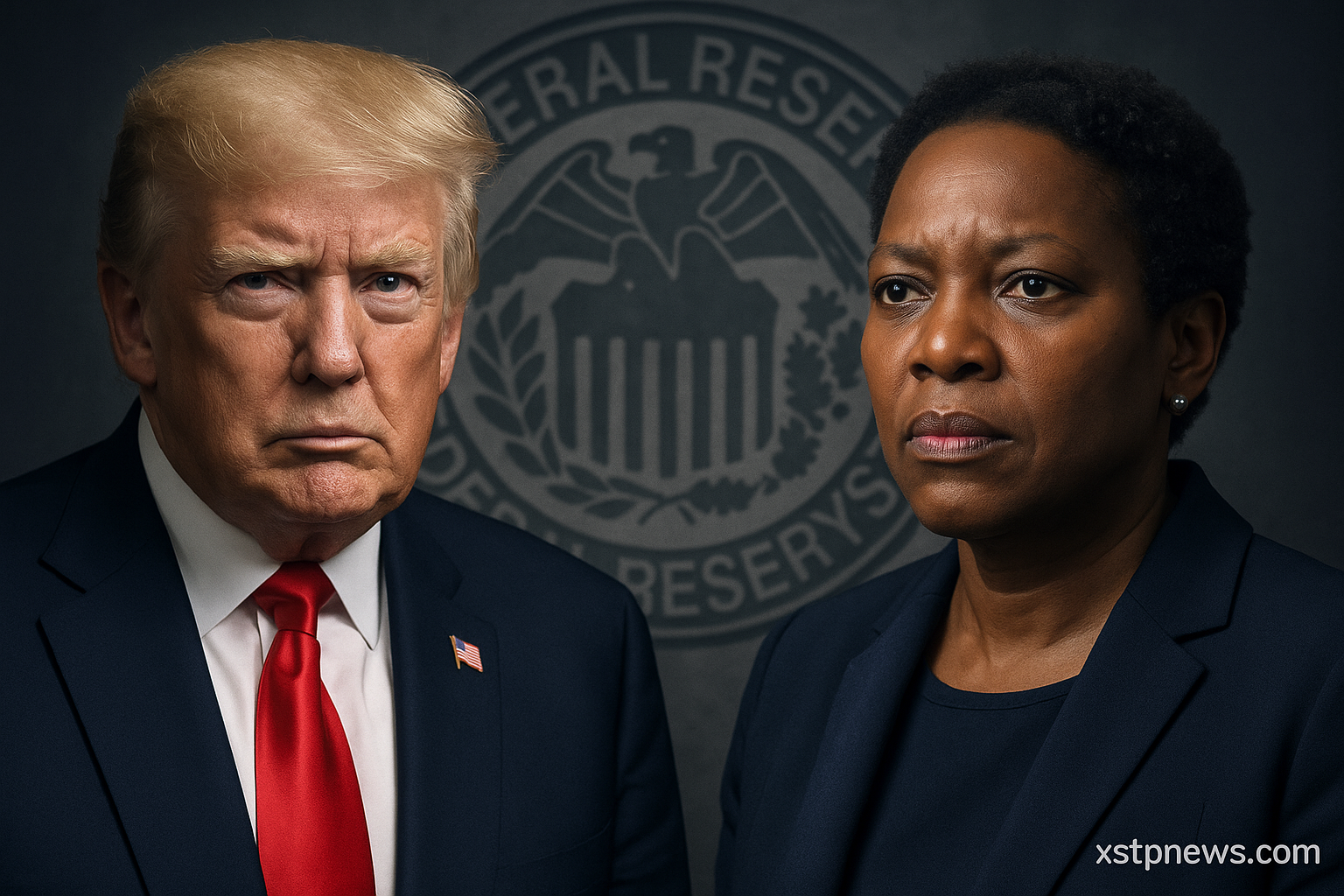May 23, 2025 • Written by xstpnews
Tensions between China and the United States have taken a new turn, this time in the field of education. The Chinese government publicly criticized the recent decision by Harvard University to suspend admissions of certain international students, a move that Beijing views as discriminatory and politically motivated.
Chinese officials expressed concern over what they see as a growing pattern of exclusion targeting Chinese nationals under the pretext of national security. According to their statement, policies like these only deepen mistrust and undermine decades of academic collaboration between the two countries.
Harvard, for its part, has not provided detailed justification, but the backdrop of geopolitical pressure is clear. With the United States reinforcing its stance on intellectual property, cybersecurity, and strategic competition, academic institutions are increasingly caught in the crossfire.
For China, the ban represents more than just a visa issue. It is a signal that Chinese students are no longer welcome in the same way they once were, especially in top American institutions. The concern is not just about access to education, but also about the broader message being sent to the world regarding openness, fairness, and global cooperation.
This move comes at a time when US-China relations are already strained by economic rivalries, military posture in the Indo-Pacific, and disputes in technology and trade. Education, once a bridge between cultures, is now becoming another battleground.
The implications go beyond Harvard. Other universities may follow suit, and international students everywhere are beginning to question how welcome they truly are in a world where politics increasingly shapes educational policy.







